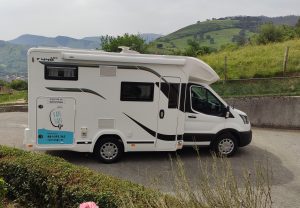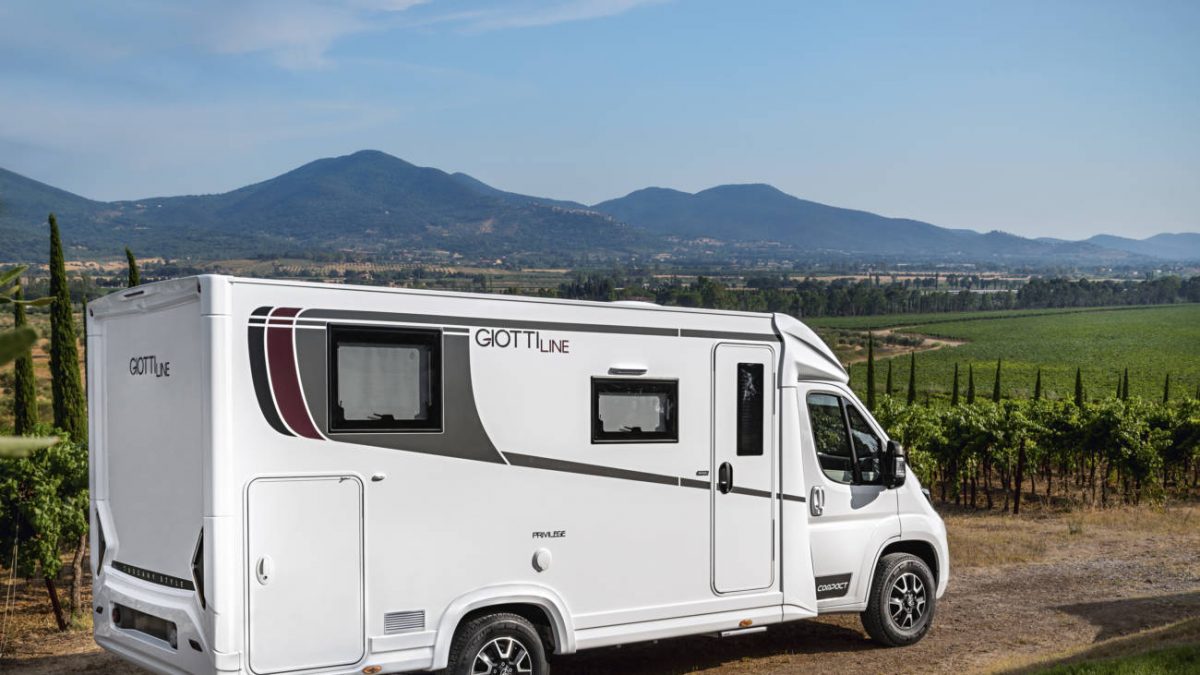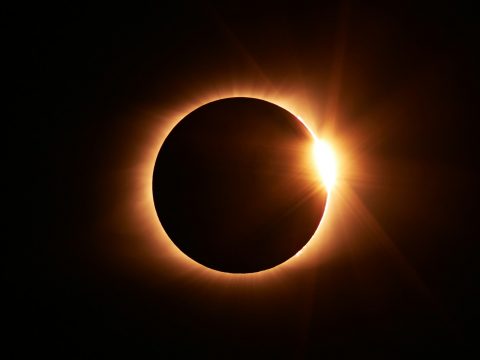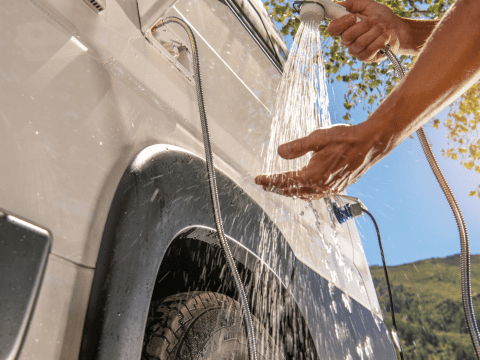Motorhome fuel consumption comparison: how to save fuel on your travels
With fuel prices skyrocketing, caravanning enthusiasts are increasingly concerned about fuel consumption in motorhomes. Do you want to know what it depends on and how you can save it? So, we have a lot to talk about ⛽.
It is clear that heavy vehicles need more fuel than light vehicles. In addition, we cannot ignore the fact that motor homes tend to weigh more than cars (although there are some exceptions). However, this does not mean that we should repress our van passion for economic or ecological reasons. In reality, it is all a matter of making the right choice and knowing how to optimize your consumption.
Comparison of motorhome consumption
What is the average consumption of a motor home?
The average consumption of a motor home would be 10 L per 100 km. Of course, this is only a weighted average, and significant changes can be found in each specific case.What is the average consumption of a motor home? In fact, there are motorhomes that consume only 7.4 L/100km, while others need up to 14 L/100km (almost twice as much!).
What does motorhome consumption depend on?
Before entering into comparisons, it should be clarified that, as with any other vehicle, the consumption of motorhomes depends on various internal and external aspects.
Among these variables that condition the greater or lesser “appetite” for fuel, we can highlight the following:
- Size and type of motorhome.
- Engine configuration, technology and power.
- Vehicle age.
- Cargo (weight of the motorhome, luggage and passengers).
- Tire condition (e.g. pressure level).
- Speed and driving style.
- To use or not to use air conditioning.
- Condition of the road on which you are driving.
- Weather factors.
Comparison and examples of motorhome consumption according to aerodynamics
We have already seen that motorhome consumption is determined by multiple variables. However, we have tried to make this comparison as objective as possible by driving the motorhomes in practically identical conditions (weather, roads, type of driving, load, etc.).
| Type | Minimum consumption | Maximum consumption | Average consumption | Example |
| Camper | 7,5 L | 9 L | 8,25 L | Citroën Jumpy (8 L) |
| Profiled | 8,5 L | 10,5 L | 9,5 L | Sun Light T 60 (9,2 L) |
| Semi-integral | 9 L | 10,5 L | 9,75 L | Sun Light T 69 (9,8 L) |
| Integral | 10 L | 12 L | 11 L | Dethleffs Trend T 7057 EB (11,6 L) |
| Capuchina | 11 L | 13 L | 12 L | Sun Light A 72 (11,6 L) |
This comparison confirms what we already suspected: vehicle aerodynamics is one of the most important factors influencing fuel consumption. Logically, a mini camper (4.40 m and 2500 kg) will always spend considerably less than a large cap (8 m and 4250 kg).
Follow these 10 tips to save fuel when traveling by motorhome
Beyond the characteristics of the vehicle and other related aspects, the truth is that there are many secrets that will help you fill the tank for less money. Did you know you can save up to 40% on fuel with them? 💸
The importance of fine tuning
The consumption of motorhomes is directly related to their maintenance. Breakdowns such as oil leaks or damaged components can cause you to spend more than necessary. Consequently, if you want to save up to 0.4 L/100km, we strongly advise you to have it well serviced at the workshop before setting off.
Pay attention to tires
A quarter of the fuel consumed by the motorhome is consumed by the friction of the tires when turning. Therefore, choosing good quality tires and checking both their pressure and wear level will help you a lot in optimizing fuel consumption.
Don’t run, the important thing is to arrive
Driving your motorhome at more than 100 km/h (62 mph) causes fuel consumption to skyrocket. While we are at it, it is just as important to drive at a steady speed (as long as the road layout allows it) as it is to drive at a steady speed.
The march also features
With regard to the gears of motorhomes, we can affirm that “virtue lies in the middle ground”. A gear that is too short will make the engine turn at higher revs, making it consume more; likewise, if it is too long, it will have to compensate for its loss of power with greater effort. Ideally, it should be changed between 2,000 and 2,500 RPM.
Isn’t it time to stop the engine?
Spending fuel in the wrong way will get you nowhere (literally). So, if you are going to keep the motorhome stationary for more than a few seconds, do not hesitate to turn off the engine. Indeed, this is what the Start&Stop system, which is already included in the latest models, does automatically.

Less is more
Anything that alters the aerodynamics of the vehicle (e.g., installing a solar panel) will cause the vehicle to use more fuel. The same goes for the habit of carrying more luggage than really necessary. Do you really need to carry all that stuff with you to enjoy an authentic caravanning experience?
Planning: key to reducing consumption in motorhomes
Planning your route carefully (e.g. using a GPS) and sticking to it means driving less distance and thus using less fuel. Planning: key to reducing fuel consumption in motorhomes On the other hand, constantly making stops is the fastest way to end up wasting fuel.
Choose gas stations wisely to save on motorhome fuel consumption
I’m sure you’ve noticed how much fuel prices fluctuate depending on the gas station and the province where you fill up, right? Not surprisingly, the OCU, after comparing 10,000 service stations, estimates that choosing them correctly can save you 10%. You might also consider signing up for some loyalty programs.
Are you that hot (or cold)?
Heating and, especially, air conditioning make your motorhome consume up to 25% more fuel. Therefore, habits as simple as opening the windows to air the interior of the vehicle in a natural way will allow you to save fuel. Just don’t do it while driving, because you will only reduce aerodynamics.
We are convinced that, by now, you must be an expert when it comes to motorhome consumption. After all, with the comparison and the advice we have given you, fuel costs will no longer be an impediment to enjoy caravanning. We are convinced that, by now, you must be an expert when it comes to motorhome consumption. And now, let’s put into practice what you have just learned!


